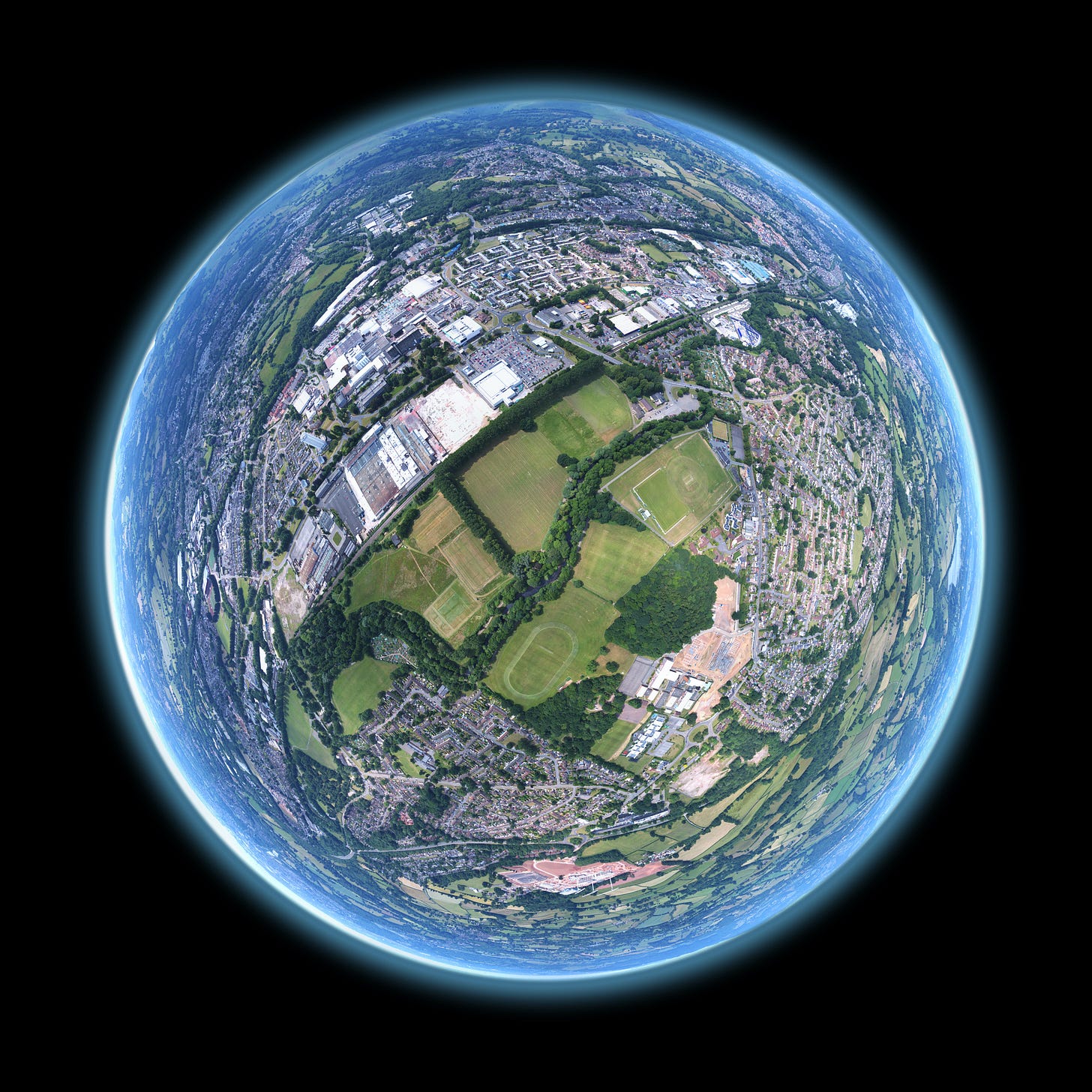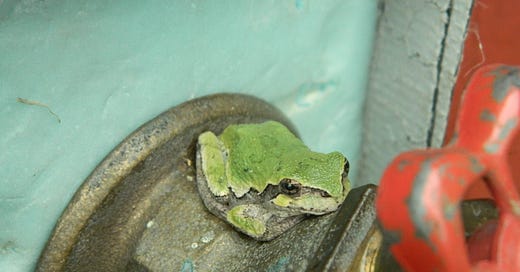Moving North for Water.
Planning a farm, finding more work than we can imagine and trying to figure out how to protect more than we have.

Moving North for Water.
In 2015, we moved from an urban lot of 3000 square feet to a farm measured in acres.
It has long been a dream to have our own space to build the life we wanted, to grow as much of our own food as we could and to plant hundreds of trees that would likely outlive us.
In 2017, a new President took office and we saw him choose people to run agencies who belief systems were opposite of what those agencies stood for. We saw institutions stripped of the ability to do the good things for which they were designed. We watched funding cuts for science and education become a reality. We watched a few congressmen suggest that our public lands be sold off to the highest bidder, for development, for mining or oil production or for personal profit driven goals.
I had to do something, but had little power. I thought protecting land from profiteers who wanted to strip it down for parts was a good idea. I didn’t have the resources to do that. The next best thing was to learn all I could about how I could protect the land my family owned and how I could advocate for the land that we, as a nation, owned together. To do this I read everything I could find. I posted some of it to twitter. I settled into the idea that we could protect the land if we owned it, create jobs and livelihoods for multiple families by growing food and keep the land out of the hands of big corporations.
As I worked to learn all I could about how to do this, I settled into the idea that curating science and nature news could teach me, and those who followed along, so much. I knew that it was the best place to start. I learned about land trusts and (generally) how they can work to achieve protection of the land while making it pay for it self.
The basic plan was that a portion (10-30%) of each property could be used grow food while the rest remained in or was returned to a natural state. Those growing the food and doing the other work could live on the site. The farmers and others who worked the land and live on it could be part of a “co-op” that would provide income, job and housing security, as well as sending money into a retirement account. The food grown could provide their income and a bit extra to pay for the property or acquisition of new properties to protect.
The land could be owned by a trust that would continue long after those who started it moved on. The project is too big for one person or family and needs a core group of dedicated people, farmer, conservationists, artist, animal tenders, fence builders and so many others, to make something like this work. The only way forward is to build that group and that is, I hope, where this newsletter project comes in.

Who is this newsletter and community for?
There are others who feel the way we do and have dedicated their lives to helping to protect our natural places. I want to bring them together, to put shovels in the ground, grow food, build homes, restore habitats and ecosystems. All the things that make our earth a great place to live can be available to everyone if we work together to make a space for all of us.
The time to start is now. Join us to build a community that wants to work together to make a better place for anyone we wants to help build and protect this place.
What can you expect?
A post bi-weekly.
Random News of the Week
And More.
The goal is to post bi-weekly or more often when possible. We will write about what we see happening in our area (Northwestern Oregon), our nation and the whole world. We will also add Random News of the Week, as often as we can.
And, yes we will get political. Our politics is based in what is good for human, animal and plant life and health and survival on this planet, therefore what is good for this planet. That means talking about what we can improve and who should be regulated in order to make this place better for all living things.
The eventual plan is to add in guest writers and journalists who can help broaden our knowledge within their fields of expertise.



